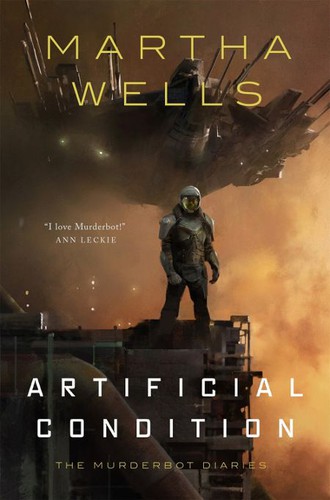gntoni@bookwyrm.social reviewed Artificial condition by Martha Wells (The Murderbot Diaries, #2)
Review of 'Artificial Condition' on 'Goodreads'
4 stars
The relationship between Murderbot and ART was one of the most adorable and hilarious things I've read recently. Hoping they get to meet again in the future.







